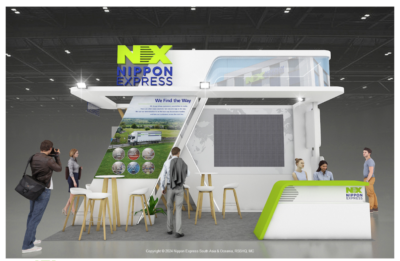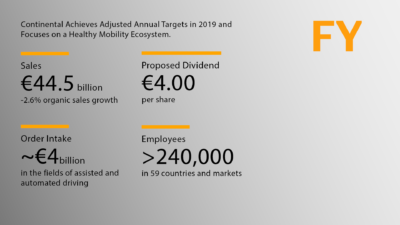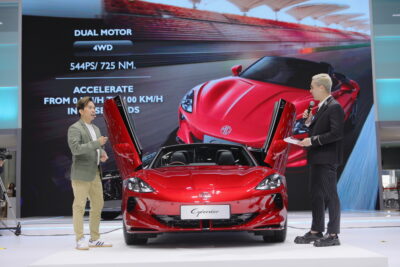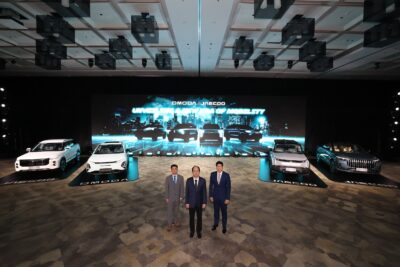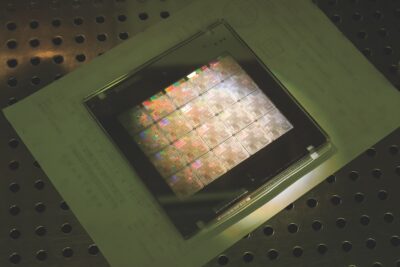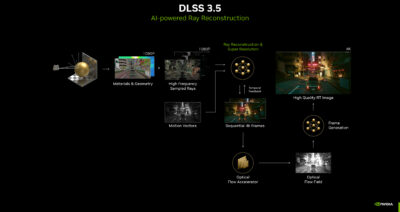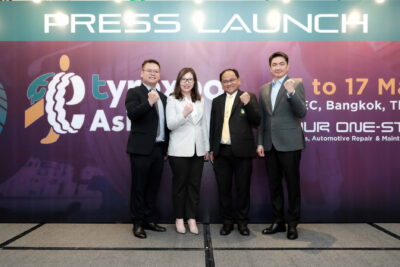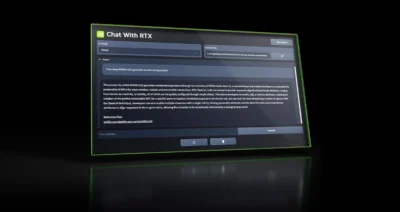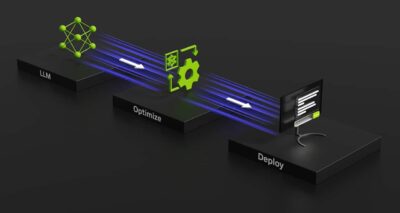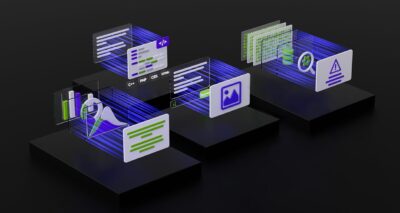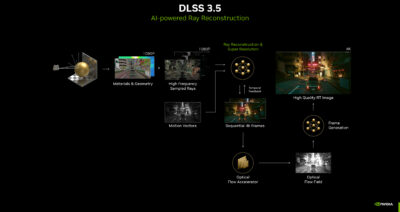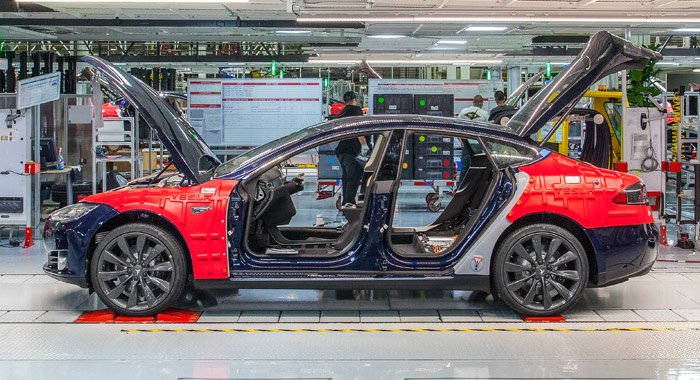
The lawsuit was filed after Elon Musk warned employees that a saboteur had been discovered.
Tesla has filed a lawsuit against a former employee, Martin Tripp, for allegedly hacking the company’s computer systems and illegally transferring trade secrets to third parties.
“Tesla has only begun to understand the full scope of Tripp’s illegal activity, but he has thus far admitted to writing software that hacked Tesla’s manufacturing operating system and to transferring several gigabytes of Tesla data to outside entities,” the lawsuit says.
The details partially mesh with a recent company-wide email from Elon Musk describing the discovery of an employee’s “extensive and damaging sabotage.”
The lawsuit claims Tripp wrote computer code to periodically export Tesla’s data into the hands of third parties. The worker allegedly wrote software that would run on separate computer systems of other employees so the data would continue to be exported after he left and would falsely implicate the others.
Tesla’s attorneys further allege a misinformation campaign orchestrated by Tripp, perhaps referring to a January CNBC story that cited an anonymous insider who claimed the Model 3 was being manufactured with defective batteries.
“For example, Tripp claimed that punctured battery cells had been used in certain Model 3 vehicles even though no punctured cells were ever used in vehicles, batteries or otherwise,” the lawsuit says. “Tripp also vastly exaggerated the true amount and value of ‘scrap’ material that Tesla generated during the manufacturing process, and falsely claimed that Tesla was delayed in bringing new manufacturing equipment online.”
Tripp was hired in October 2017 to work as a process technician at Tesla’s Nevada Gigafactory. He allegedly complained that the title was not a sufficiently senior role. Managers later described him as being “disruptive and combative” with his colleagues, prompting a reassignment.
Notably, the lawsuit claims Tesla has suffered “significant and continuing damages” as a result of Tripp’s alleged misconduct, but it does not appear to describe any actual sabotage that directly interfered with the company’s attempt to ramp up Model 3 production output.

The lawsuit was filed after Elon Musk warned employees that a saboteur had been discovered.
Tesla has filed a lawsuit against a former employee, Martin Tripp, for allegedly hacking the company's computer systems and illegally transferring trade secrets to third parties.
"Tesla has only begun to understand the full scope of Tripp's illegal activity, but he has thus far admitted to writing software that hacked Tesla's manufacturing operating system and to transferring several gigabytes of Tesla data to outside entities," the lawsuit says.
The details partially mesh with a recent company-wide email from Elon Musk describing the discovery of an employee's "extensive and damaging sabotage."
The lawsuit claims Tripp wrote computer code to periodically export Tesla's data into the hands of third parties. The worker allegedly wrote software that would run on separate computer systems of other employees so the data would continue to be exported after he left and would falsely implicate the others.
Tesla's attorneys further allege a misinformation campaign orchestrated by Tripp, perhaps referring to a January CNBC story that cited an anonymous insider who claimed the Model 3 was being manufactured with defective batteries.
"For example, Tripp claimed that punctured battery cells had been used in certain Model 3 vehicles even though no punctured cells were ever used in vehicles, batteries or otherwise," the lawsuit says. "Tripp also vastly exaggerated the true amount and value of 'scrap' material that Tesla generated during the manufacturing process, and falsely claimed that Tesla was delayed in bringing new manufacturing equipment online."
Tripp was hired in October 2017 to work as a process technician at Tesla's Nevada Gigafactory. He allegedly complained that the title was not a sufficiently senior role. Managers later described him as being "disruptive and combative" with his colleagues, prompting a reassignment.
Notably, the lawsuit claims Tesla has suffered "significant and continuing damages" as a result of Tripp's alleged misconduct, but it does not appear to describe any actual sabotage that directly interfered with the company's attempt to ramp up Model 3 production output.








